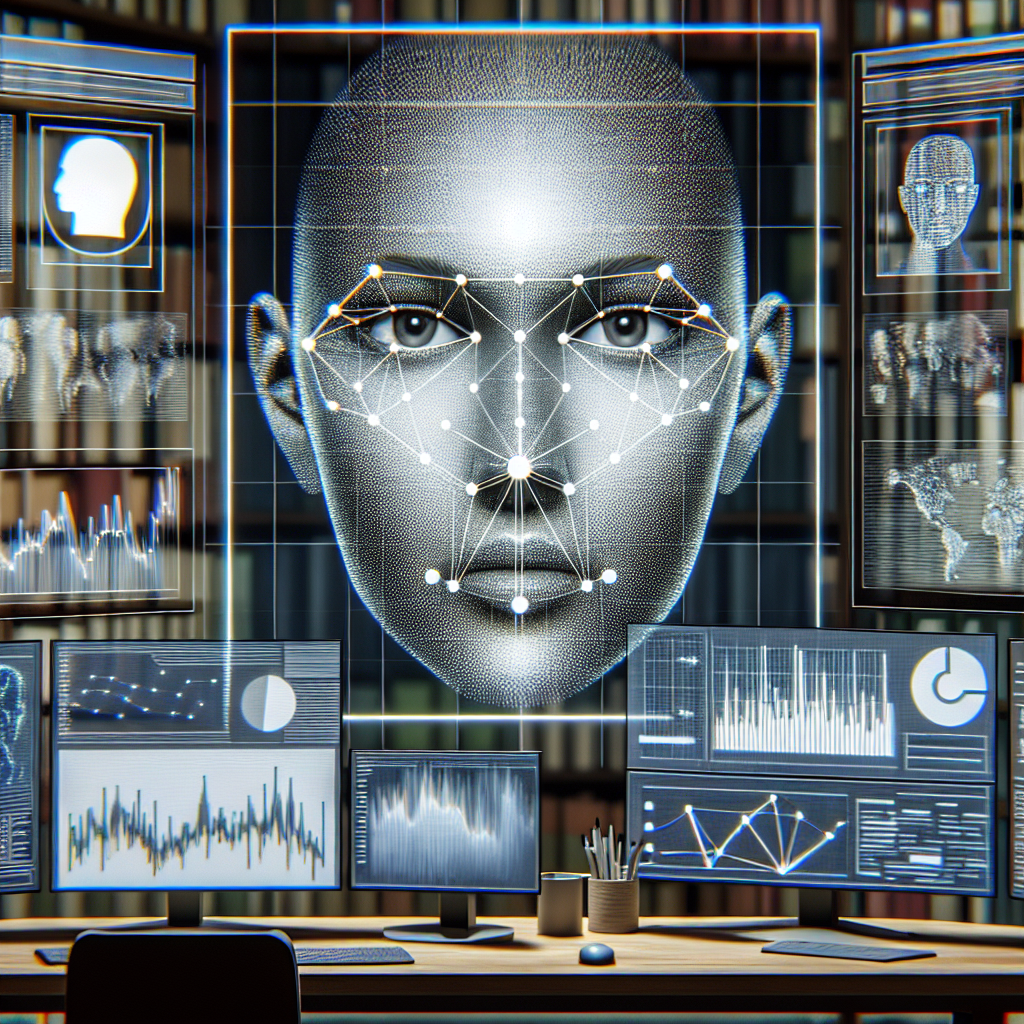In contemporary society, the rapid expansion of facial recognition technology poses significant implications for personal privacy and government oversight. The U.S. government is implementing facial recognition systems through initiatives like Login.gov, which aims to streamline access to government services but at the potential cost of individual privacy. The introduction of this technology appears optional at present, however, historical trends suggest a transition towards mandatory adoption once a critical mass of users opts in under the premise of security and convenience. As facial recognition becomes more ingrained in various aspects of everyday life, it raises essential questions regarding civil liberties and the potential for a surveillance state.
The General Services Administration (GSA) is set to introduce facial recognition as a method for online identity verification on Login.gov, wherein users can access government services. This initiative is framed as a strategy to combat identity theft and fraud through advanced facial matching algorithms that meet established security guidelines. However, the move triggers concerns about the overarching implications of an extensive facial recognition database managed by the government. Privacy advocates are right to question the societal shift toward constant surveillance and the potential erosion of personal freedoms that accompany that shift.
While the government promotes the system’s utility in protecting against fraud, the reality of reliance on facial recognition technology could lead to a slippery slope of diminishing options for identity verification. Although users currently have alternatives, the appeal of convenience could drive many to adopt facial recognition, resulting in the eventual phasing out of traditional methods of identity verification. Such scenarios exemplify concerns that voluntary systems may transition into mandatory surveillance frameworks over time, fundamentally altering societal norms regarding privacy and personal autonomy.
Emerging technologies further complicate the issue at hand. AI systems, like ChatGPT, have demonstrated the ability to accurately identify individuals through facial data, indicating that the proliferation of such technologies poses challenges to privacy. The rising use of smart devices, such as Meta’s Ray-Ban glasses integrated with facial recognition software, enables individuals to instantly access personal information about others in public. This convergence of technologies raises alarming possibilities for misuse, where personal data can easily be exploited, leading to invasive behavior from individuals with malicious intent.
If left unchecked, the trajectories of facial recognition technology indicate a future where privacy could be nearly non-existent. The risks extend to physical safety, as individuals might be subject to unwanted attention and harassment facilitated by the ability to easily access sensitive information. As society increasingly normalizes constant surveillance, both in terms of government and everyday interactions, the implications for personal autonomy, civil rights, and the very fabric of society are profound. Without adequate checks and balances, the data collected through facial recognition could create an environment of enduring vulnerability for individuals, effectively erasing the boundaries of personal privacy.
The overarching call to action lies in the need to advocate for privacy rights before they are irrevocably compromised. Civil liberties have been gradually eroded in the pursuit of security, highlighting the crucial need for vigilance against the encroachment of surveillance technologies. As surveillance systems are built under the guise of safety and convenience, society must actively resist the normalization of constant monitoring and advocate for the restoration of privacy rights. The stakes are high; once privacy is entirely surrendered, the likelihood of reclaiming it diminishes significantly. The current technological trajectory signifies the urgent necessity for public discourse and action to safeguard the fundamental right to privacy in a rapidly evolving digital landscape.

